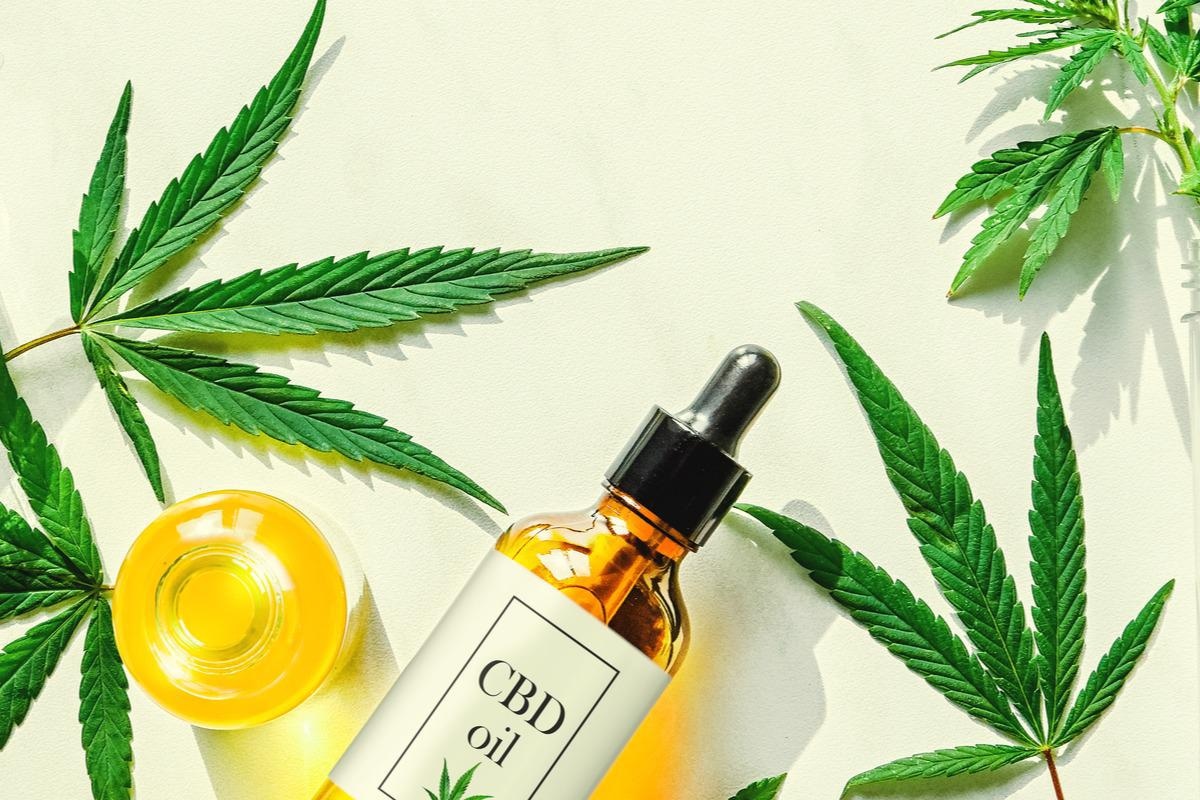Recent studies have highlighted the therapeutic benefits of cannabidiol (CBD), which is a non-intoxicating component of Cannabis sativa. Previously, the association of Δ9-tetrahydrocannabinol (Δ9-THC) with CBD limited studies on its medicinal benefits.
The Agricultural Improvement Act of 2018 (2018 Farm Bill) legalized the use of products from the plant parts of Cannabis sativa, which is also known as hemp. This led to the rapid growth of the CBD industry.
Study: Label accuracy of unregulated cannabidiol (CBD) products: measured concentration vs. label claim. Image Credit: IRA_EVVA / Shutterstock.com
Background
In June 2018, a purified oral solution of CBD known as Epidolex® received approval by the United States Food and Drug Administration (FDA) for the treatment of three forms of epilepsy.
However, except for Epidolex®, other CBD products remain unregulated in the U.S. In June 2019, the FDA held a general public hearing to hear concerns from scientists regarding CBD regulation.
Many research groups, along with the FDA, have identified numerous issues with label accuracy for several CBD products. This issue was not restricted to the U.S., as similar reports have also been published in the Netherlands, United Kingdom, and Italy.
A new Journal of Cannabis Research study aimed to determine the CBD content in various products and compare it to their label claims. The products assessed in this study were purchased from several stores in…





